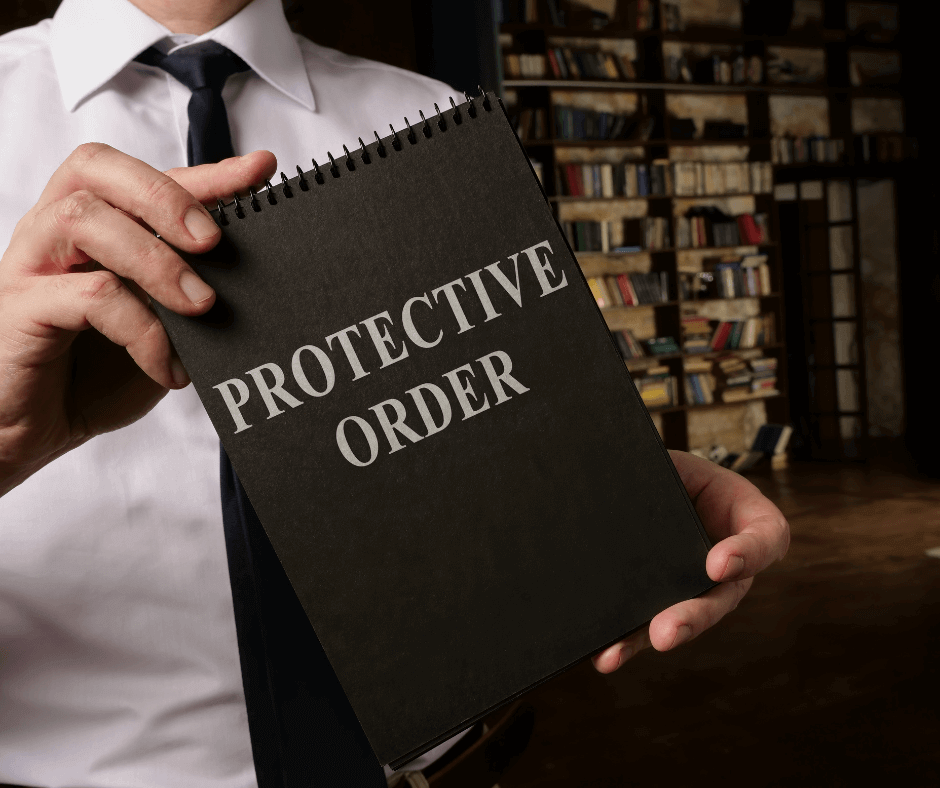
Douglas Rohan, Atlanta Lawyer, Named Super Lawyer by Thomson Reuters for Third Year in a Row
11 February, 2022
Violencia Doméstica y Órdenes de Restricción en Georgia: Cómo Obtener una Orden de Protección
14 February, 2022Domestic Violence and Restraining Orders in Georgia: How to Get a Protective Order
If you are a victim of domestic violence, it is important to know your rights and how to get help. Domestic violence can include physical abuse, emotional abuse, sexual abuse, or financial abuse. In Georgia, you can get a restraining order to protect yourself from your abuser. This article will tell you everything you need to know about getting a protective order in Georgia. We will review the different types there are and what they can mean for you and the person you charge with domestic violence.
Get help right away if you are in immediate danger
If you or your loved ones are in danger, the best thing you can do is dial 911 and file an official police report. If you are in a relationship with or living with someone that poses a repeat threat then you may consider requesting legal protection after the incident through a temporary protective order. A temporary protective order will legally require the abuser to stay away from you. It will also give you the ability to press additional charges if the order is violated. There are three types of protective orders and each will have various legal implications for you and the offender.
Domestic violence and temporary protective orders will affect a person’s records permanently
Domestic violence and temporary protective orders are serious. It is important to consider the situation very carefully before proceeding. Once you start the process, it may not be easy to stop it and any charges for domestic violence are likely to appear on the accused’s record permanently. Domestic violence charges remain on a person’s criminal record permanently and will show up in background checks. A temporary protective order could prevent the accused from owning firearms as well. Domestic violence is also considered a crime of “moral turpitude”, which can have serious negative implications for job applications, government assistance, and immigration petitions. These crimes have serious, long-term consequences unless expunged by the court system. At Rohan Law, we have handled cases where a spouse accuses another of Domestic Violence, requested a restraining order, and later tried to take it back. We defended the accused party and were able to get the charges dismissed but that does not happen often.
You can request one of three types of protective orders if you feel you are in real danger

If you are a domestic violence victim, you may need assistance from your local domestic violence center or legal aid office in order to file a protective order against an abuser because the process can be complicated and scary. Protective orders need to be issued by a judge or magistrate at the request of an individual who has been abused or threatened with abuse by someone. In Georgia, the process for obtaining a restraining order is relatively simple. You can request a temporary protective order (TPO) that lasts up to 30 days, or you can file for a Permanent Protective Orders (PPO) that lasts up to one year. Domestic violence victims are usually eligible for both types of orders depending on the severity of their situation and how long they have been in an abusive relationship with their offender. You can also request an Emergency Protective Order (EPO), but it is only good for 72 hours. It can however be issued without notice to the abuser.
After you get a protective order you can take additional steps to protect yourself
A protective order is a legal document that gives you protection from physical violence, harassment, or stalking by an abuser. Domestic violence victims may request an EPO if they are in immediate danger of being harmed by their abuser, but this type of restraining order only lasts a few days and cannot be renewed. For more permanent relief in Georgia, you must go through Superior Court Judge to get either temporary (TPO) or long term (PPO) protection orders against your abusive partner; however TPOs typically expire within 30 days so it’s important not to miss any steps when filing them since these types of orders require proof that there has been continued abuse overtime before issuing new (TPO). Once issued, a hearing will be held to determine whether the order will remain in effect for a full year following the initial 30 day period. The Respondent will have the opportunity to present evidence and argue why the order should not be extended, but may also choose to consent to the extension. If the respondent chooses to move forward with the hearing and the judge rules in favor of the petitioner (filing party), a finding of fault will be issued and a transcript of the hearing can be used in future criminal cases against the respondent. If you are served with a temporary protective order and consent to the order, there will not be a finding of fault by the judge, and the hearing transcript cannot be used in future criminal cases. If you find yourself in one of these hearings on either side of the order, it is a smart decision to hire an attorney to represent you.
Consequences of violating a protective order
If the person you charge with a protective order violates it, there may be serious consequences. The violating party can be fined, or even face jail time if a violation is reported to the police. Domestic violence and protective orders are serious. The penalties for violating them can be severe and include possible jail time or fines up to $1000 depending on how many times the order has been violated in the past 12 months (if at all). Violating an EPO is punishable by six months imprisonment; TPOs carry one-year sentences while PPOs have two years’ worth of punishments associated with them if broken repeatedly within 30 days after each incident occurs consistently over that period. If you violate a protective order, it is a good idea to contact a lawyer who can help you mitigate the situation. Call Rohan Law today for a free case evaluation at (404) 923-0446!




